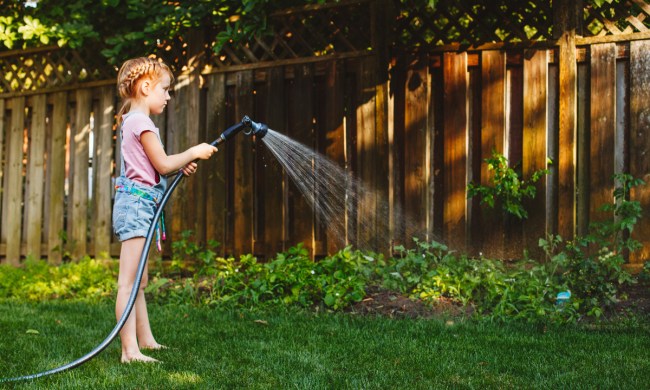At some point in the school year, you notice a change in your child’s outlook on school and homework. Perhaps some mornings, they complain of a mystery illness or try to find another excuse to get out of going to school. Or you notice your child no longer brings graded papers or progress reports home. Then the phone calls or emails from teachers start pouring in, and the next thing you know, the grades have dropped.
However, before the issue gets to that point, you’ll need to become aware of the signs that your child is struggling in school. Once you determine that academic tasks are posing a challenge, then you can be assured that many resources are available for your child to gain some valuable study skills and to feel more confident in the classroom again.

Signs your child is struggling in school and having trouble with homework
So how can you tell if your student is struggling in school? First off, they won’t tell you about the trouble with assignments, whether it’s out of fear or embarrassment. Nonetheless, the following signs can give you a hint that all is not well, especially if these behaviors haven’t occurred before.
Refusing to talk about school
In previous school years, your child may have come home discussing the day’s events with enthusiasm, but now, such is not the case. If you notice your kid starts to shut down when you ask about their day, then they might be struggling in school.
Spending an excruciatingly long time on homework
Another signal that school is not going well relates to the time it takes your kid to complete homework assignments. Granted, some projects take longer than a few pages of math problems, but when you notice your child is consistently taking hours to do homework, then that’s a sure sign that help is needed.
Acting out in class
While some individuals might take this type of behavior as simply testing authority, there’s a deeper message behind this profound change of demeanor. Rather than asking for help, sometimes children act out due to stress, frustration, or not yet having the communicative tools to explain what’s really going on.
For some students, misbehaving in class also takes attention away from the real issue, which is schoolwork, and this behavior serves as a means of “saving face.” When you notice a change in attitude and behavior in school, or you hear about it from the teacher, then your child might be having difficulty with the work.
Exhibiting signs of poor well-being
In addition to changes in behavior and school performance, your child might communicate or show signs of not feeling physically or mentally well. If they appear exhausted or stressed, this could be due to a lack of sleep that stems from staying up late to finish homework. Likewise, if your child experiences physical symptoms like constant stomach pain or a headache, this could be an effect of the anxiety that comes from problems at school.
Feeling overwhelmed or depressed
Lastly, when your child has suddenly become depressed and withdraws from normal activities and family time, then that could be a sign of struggling in school. Plus, if they feel overwhelmed by the tasks assigned for homework, then you might need to contact the teacher to find out how things are going in class and how to address this issue.

How to help a child who is struggling in school and how to help build confidence
The good news is you can alleviate this struggle and help your child cope with the difficulty of schoolwork while seeking help from a professional if needed. Here are a few ideas for supporting your child during this rough time:
- Listen with an open mind and allow your child to vent
- Help your child organize binders, their backpack, and the study space at home to save time and decrease distractions
- Allow for short breaks during homework time to cut down on frustration
And most importantly, you can set up a conference with a teacher and a paraprofessional to gain insight into your child’s study and work habits. You can also discuss other options, such as tutoring or setting up a 504 plan, which helps with tailoring instruction to meet your child’s needs and learning style.

My child is struggling in school. How can I work in partnership with the school staff?
Along with contacting teachers and the school’s counselor, you might consider consulting with a diagnostician if your school district has one on staff or get in touch with one who has a private practice. There’s a remote possibility your kid might have a learning difference, such as dyslexia or dysgraphia. A diagnostician can have your child go through some tests to determine if a learning difference is part of the issue, and better yet, help you and the school personnel develop a plan, such as a 504 Plan or an Individualized Educational Program.
Likewise, you can also contact your pediatrician who can make a referral for screenings for vision and hearing. Plus, this practitioner can make a referral for any other evaluations that can help you get to the root of the problem. Remember, there is hope and numerous resources available for your child to get the necessary help with schoolwork and regain their confidence.



